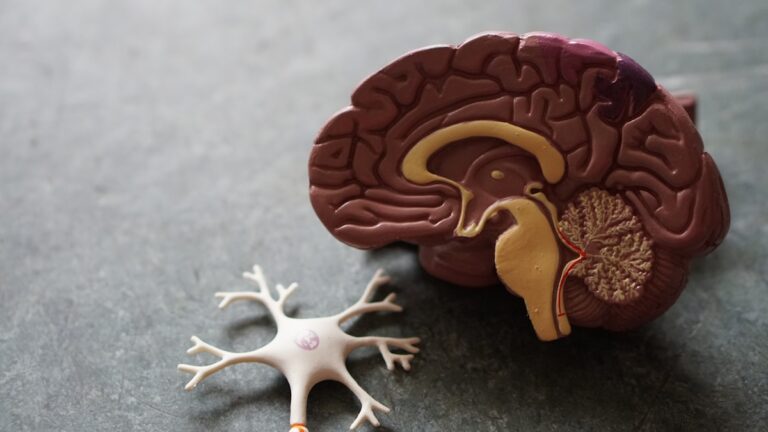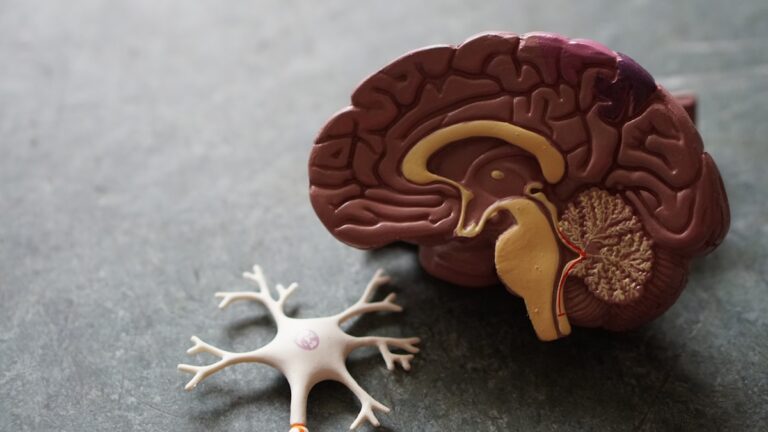Cardiovascular health has long been linked to overall well-being and disease prevention. From reducing the risk of heart disease and stroke to improving mental health, maintaining a healthy cardiovascular system is crucial for a long and fulfilling life. However, recent studies have also revealed a strong connection between cardiovascular health and dementia risk. In this article, we will explore this link and understand why taking care of your heart is essential for protecting your brain.
What is Dementia?
Dementia is a term used to describe a decline in cognitive function, including memory, thinking, and behavior, that interferes with daily life. It is most commonly associated with Alzheimer’s disease, but there are several other types of dementia, including vascular dementia, Lewy body dementia, and frontotemporal dementia. While age is the biggest risk factor for developing dementia, lifestyle choices and underlying health conditions also play a crucial role.
The Connection Between Cardiovascular Health and Dementia Risk
Research has shown a strong correlation between cardiovascular health and the risk of developing dementia. A study published in the Journal of Alzheimer’s Disease found that individuals with poor cardiovascular health had a higher risk of developing dementia later in life. Another study published in the Journal of the American Heart Association showed that individuals with high blood pressure had a 39% higher risk of developing dementia compared to those with normal blood pressure.
But what is it about cardiovascular health that affects the risk of dementia? Experts believe that the answer lies in the brain’s blood vessels and their ability to deliver oxygen and nutrients to brain cells. In individuals with poor cardiovascular health, these blood vessels can become damaged or clogged, leading to reduced blood flow to the brain. This can cause brain cells to die, resulting in cognitive decline and an increased risk of dementia.
Cardiovascular Health and Brain Structure
Apart from affecting blood flow to the brain, cardiovascular health also plays a critical role in maintaining the brain’s structural integrity. A study published in the journal Circulation found that individuals with risk factors for heart disease, such as high blood pressure, high cholesterol, and obesity, had smaller brain volumes and a higher number of white matter lesions. These changes in brain structure have been linked to an increased risk of cognitive decline and dementia.
The Role of Inflammation
Inflammation is the body’s natural response to injury or infection and is essential for the healing process. However, chronic inflammation, which can result from underlying health conditions like heart disease, can have harmful effects on the brain. Studies have shown that chronic inflammation can lead to the buildup of amyloid plaques and tau tangles in the brain, which are common markers of Alzheimer’s disease. This link between inflammation and dementia highlights the importance of managing cardiovascular health to reduce the risk of cognitive decline.
Preventing Dementia Through Cardiovascular Health
The good news is that there are steps you can take to protect your cardiovascular health and, in turn, reduce your risk of dementia. The American Heart Association recommends following a heart-healthy lifestyle, which includes regular physical activity, a healthy diet, managing stress and getting enough sleep.
Physical activity is especially crucial for maintaining cardiovascular health and reducing the risk of dementia. Exercise increases blood flow to the brain, promotes the growth of new brain cells, and reduces inflammation. It also helps in managing risk factors for heart disease, such as high blood pressure and cholesterol levels.
A heart-healthy diet rich in fruits, vegetables, whole grains, and lean proteins can also benefit cardiovascular health. Foods like fish, nuts, and olive oil are known to be beneficial for heart health and may also help in reducing inflammation in the body. On the other hand, a diet high in processed foods, saturated and trans fats can increase the risk of heart disease and dementia.
Managing stress is also crucial for protecting both cardiovascular and brain health. Chronic stress can lead to high blood pressure, inflammation, and other risk factors for heart disease and dementia. Finding healthy ways to cope with stress, such as exercise, meditation, or talking to a therapist, is essential for maintaining overall well-being.
Lastly, getting enough quality sleep is essential for cardiovascular and brain health. Lack of sleep has been linked to an increased risk of heart disease and dementia. Aim for 7-9 hours of sleep each night and try to establish a regular sleep schedule to improve the quality of your rest.
In conclusion, the connection between cardiovascular health and dementia risk cannot be ignored. Taking care of your heart can not only prevent heart disease but may also reduce your risk of cognitive decline and dementia. By following a heart-healthy lifestyle, managing underlying health conditions, and reducing inflammation in the body, you can protect both your heart and brain for a healthier and happier life. Remember, it’s never too late to start taking care of your cardiovascular health, so make small changes today for a better tomorrow.





